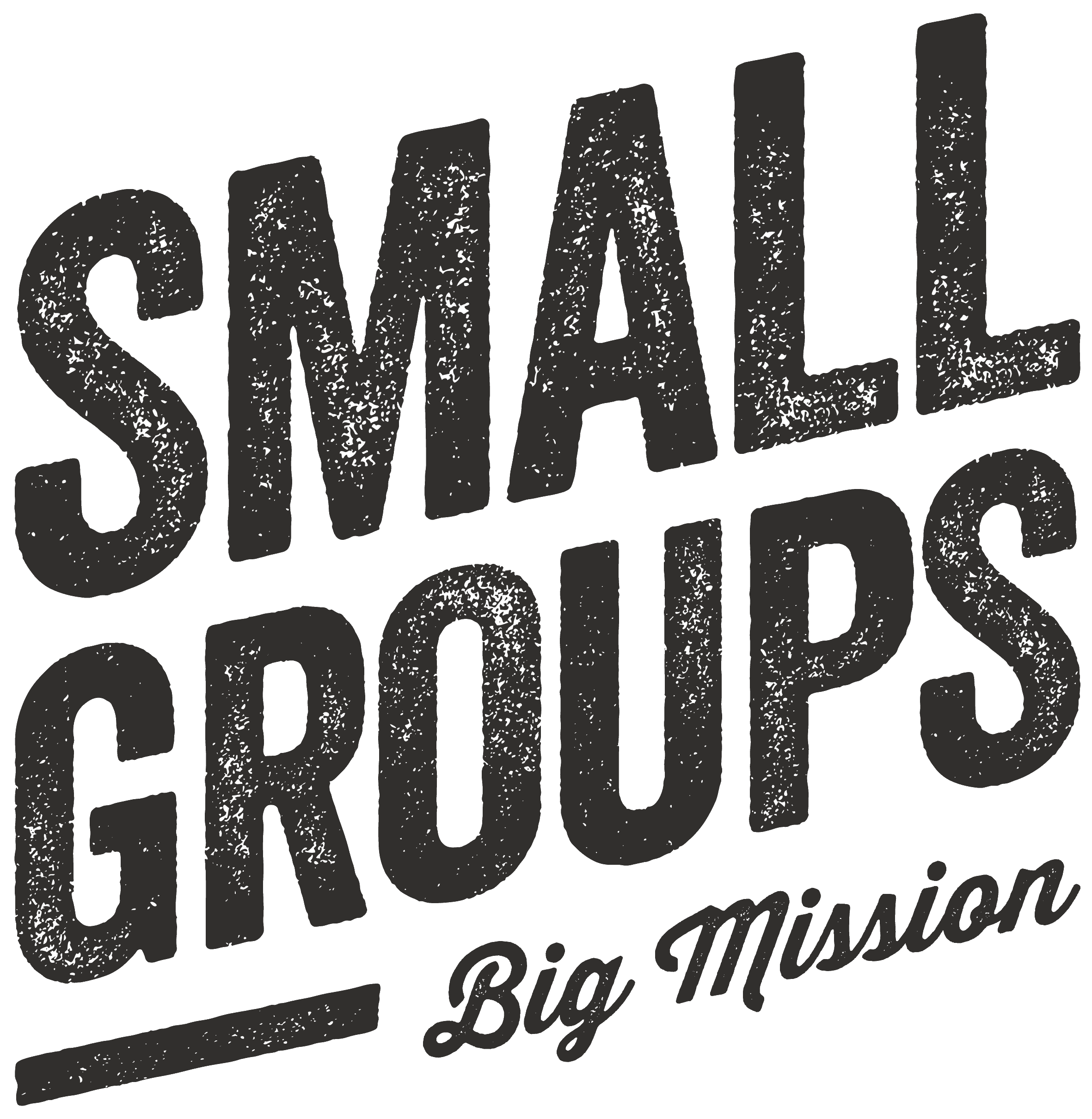Next week’s worship section requires you planning for it this week so be prepared!
welcome
TRUTH AND LIES: everybody writes down three true things about themselves and one lie. The group then first decides which slip of paper went with which person and which of their statements was a lie. You may leave out the first part: i.e. each person holds up their piece of paper and people just guess which statements are the lies.
worship
The Old Testament uses a number of different names to worship God. Who has God been for you this week? Think of a new name for God that reflects your experience of Him this week. Let this lead into a time of worship through a prayer of thanksgiving or singing.
word
If the gospel has no power to transform situations of social injustice, oppression and poverty, it is not good news to the poor! But who are the poor?
read
Luke 4:18-19 and John 20:21
Reading of scripture reveals God’s “bias to the poor, oppressed and vulnerable”. Consider the following meanings of the Old Testament Hebrew words that are translated “poor” in English.
- Oppressed, downtrodden, humiliated
- Powerless
- Yearning and insistent
- Defenceless and open to exploitation
- Needy and in want
- Subject and dependent
- Diminished and impoverished
- Destitute and bereft
- Dispossessed and evicted
For each of the nine definitions, consider how these states of poverty reveal themselves in everyday situations (eg. witness groups of people who might be open to exploitation, situations where misuse of power and powerlessness is at work, situations where people are kept dependent on others rather than encouraged to develop for themselves, areas of the world where people are dispossessed or oppressed).
group work
Use a selection of news sites to give you current, real-life examples. Make a list of the “manifestations of poverty” that you come up with (you might want to split into two’s and allocate a definition to each pair then feedback to the larger group).
discuss
What you think the causes of poverty are. Having read and thought about some of the biblical words for poor, do you think poverty is just about economics? What else might it be about (eg. social structures and systems, individual responsibility, culture or spirituality)?
Are there situations where you have felt oppressed, powerless, needy etc–? Do you feel you are engaged with people who are experiencing any form of poverty?
application
On the whole, do you think the church is engaging with people who are poor, and with structures that cause poverty? What factors stop you from engaging with people who are poor (e.g. apathy, lack of time, lack of desire/opportunity, no real heart for the poor.)
Witness
Having seen that issues of justice and poverty are very close to God’s heart, we as his “body” here on earth need to be reflecting His priorities and His ways. “Where you stand determines what you see” and a lot of Christian activists feel that it is difficult to understand issues of justice without experiencing them directly or through others. Commit yourself to forming friendships with people in need (perhaps using your list of the “manifestations of poverty” to help you think) in order that you can listen, and “borrow their eyes on the world”. You can find out about befriending schemes eg. for refugees. Or you could think of some church/council/ C.U. initiative that you want to be part of.
pray together about your response.


